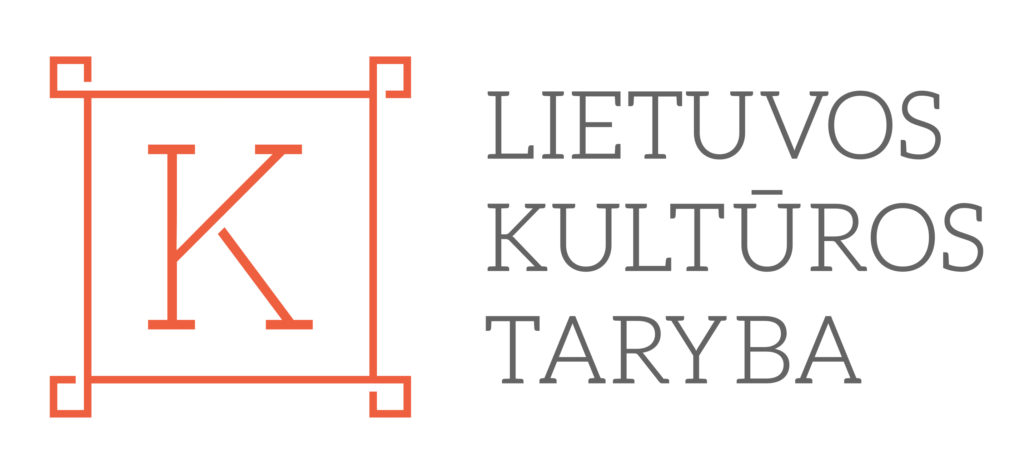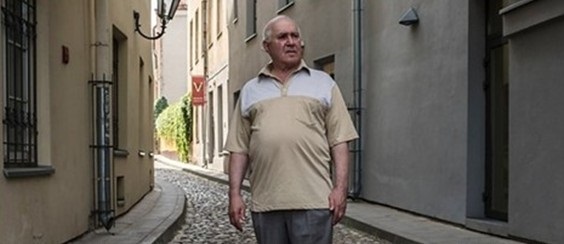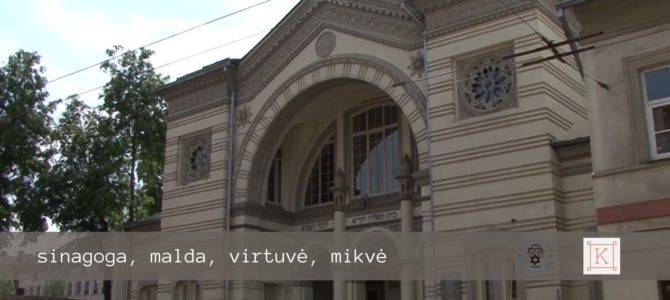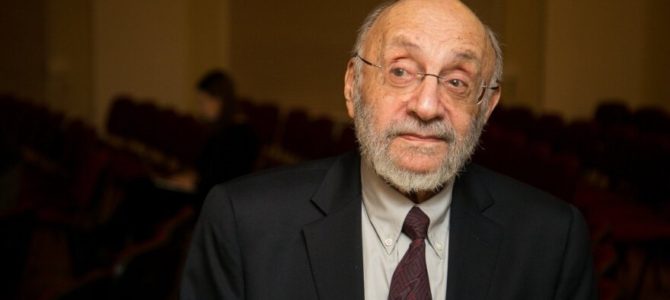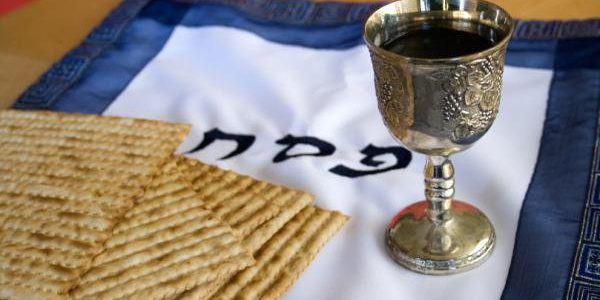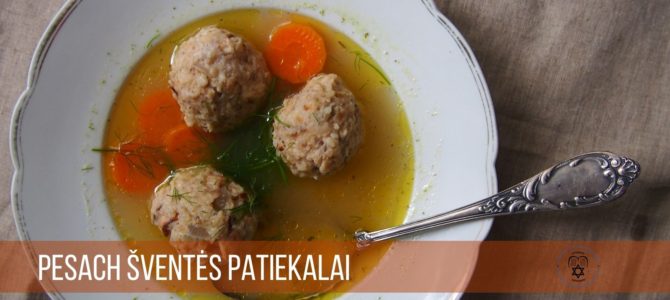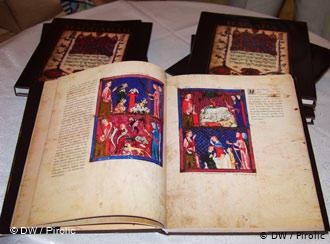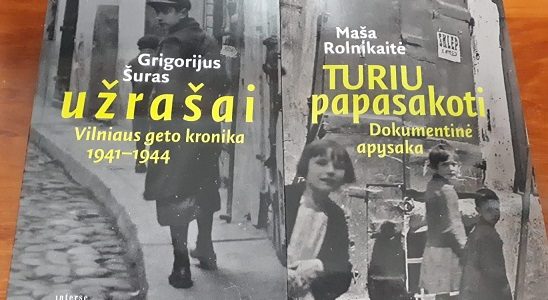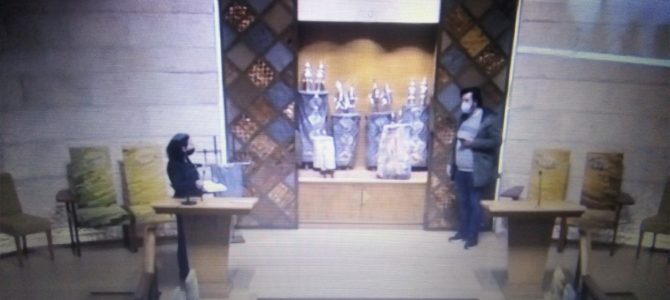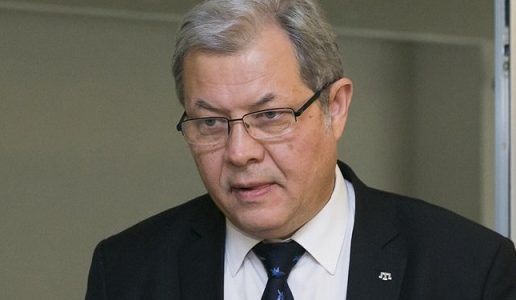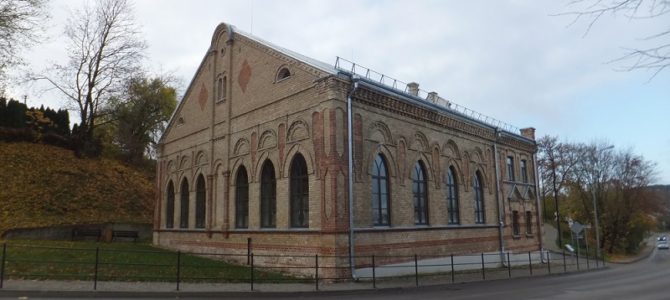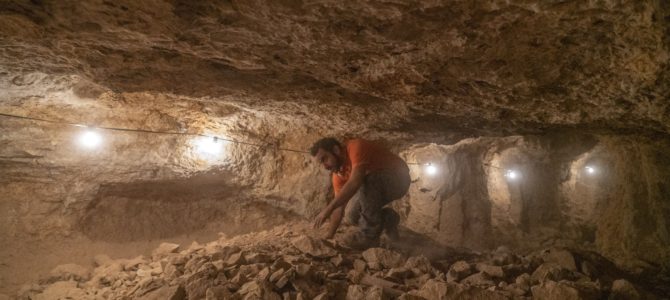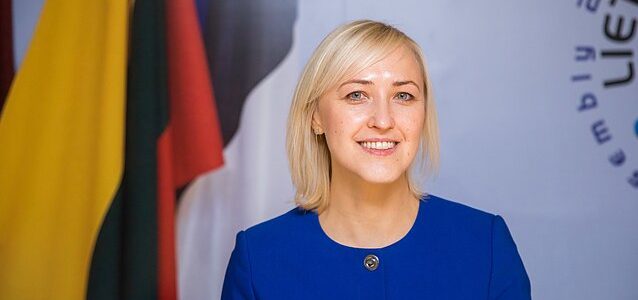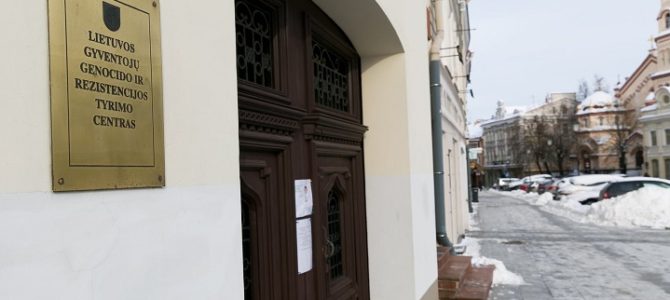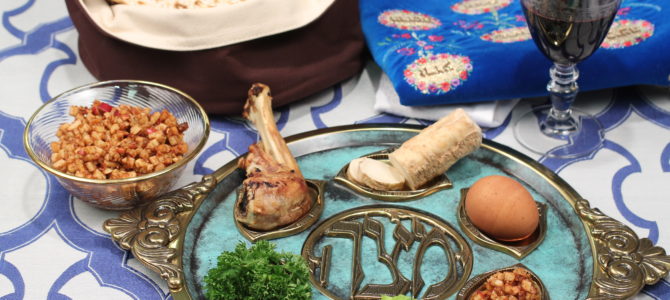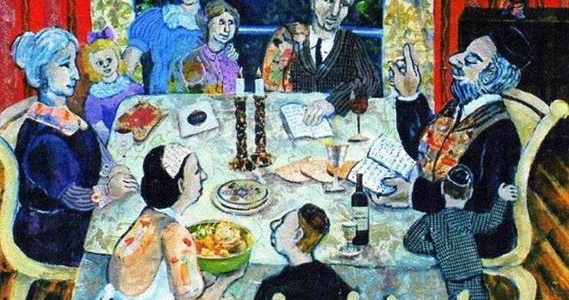The Lithuanian Jewish Community is inviting the public to take a virtual tour of the only synagogue operating in Vilnius according to all Jewish laws, the Choral Synagogue. The virtual guided tour will demonstrate the synagogue itself and also offers tourists the chance to learn about Jewish cultural and culinary traditions and the High Holy Days.
The virtual tour covers the synagogue’s interior, the mikva, the kosher kitchen and the only surviving matzo-making machine in Lithuania, as well as Jewish religion, philosophy, traditional holidays, lifestyles and Jewish sacred songs. Virtual lessons are available in the kosher kitchen for those wanting to learn about the Jewish culinary tradition. Over six millennia strict traditions have developed for religious and secular holidays for making certain foods for specific holidays, for example, only round loaves of challa are baked and fish heads prepared for the Rosh Hashanah table, doughnuts and potato pancakes are fried for Hanukkah and hamantaschen, pastries filled with poppy seeds, are made for Purim.
Around 10,000 tourists visit the Choral Synagogue annually, many of them the Litvak descendants of Holocaust survivors living in diaspora around the world, and also local residents, students, and social partners in the field of culture and tourism in Lithuania and abroad. Visiting the synagogue is being restricted because of the corona virus, so a virtual tour has been set up for Lithuanians and for Litvaks living abroad who are able to visit at least virtually the synagogue of their parents’ youth or adolescence.
Lithuanian Jewish Community chairwoman Faina Kukliansky said the virtual introduction to Jewish culture and tradition strengthens the multicultural expression of the city community and popularizes Jewish cultural heritage.
The Lithuanian Cultural Council is financing the project called “Choral Synagogue of Vilnius: Prayer, Kitchen, Mikva.”
